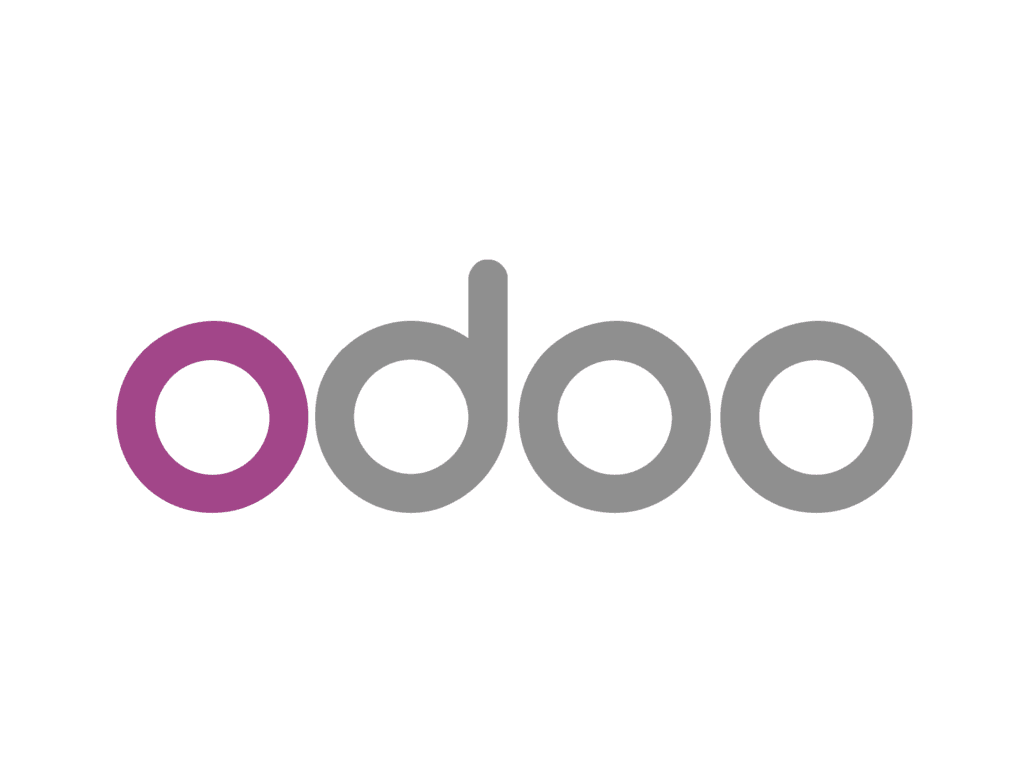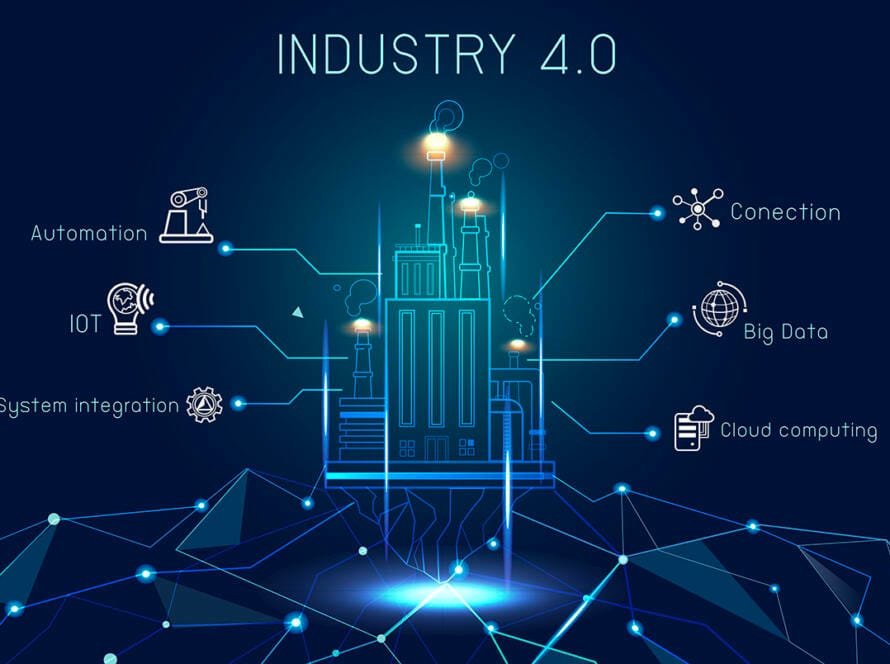Understanding AI and Its Impact on Odoo
Artificial Intelligence (AI) has emerged as a transformative force across various sectors, signaling a significant shift in how businesses operate. Defined as the simulation of human intelligence in machines, AI encompasses a variety of technologies, including machine learning, natural language processing, and robotics. These rapidly evolving technologies enable systems to perform tasks that traditionally required human intelligence, leading to increased efficiency and productivity.
The integration of AI into business platforms, particularly Odoo, has been making waves, altering the landscape of enterprise resource planning (ERP) systems. Odoo, a renowned open-source ERP software, has seamlessly incorporated AI technologies to bolster its functionality. This integration not only enhances user experience but also optimizes core business processes, enabling organizations to adapt to the complexities of today’s market more effectively.
AI applications within Odoo are diverse and impactful. Automation stands out as a key feature, allowing routine tasks such as data entry and report generation to be performed with minimal human intervention. This not only accelerates workflow but also reduces the potential for human error. Additionally, predictive analytics within Odoo harness AI to analyze historical data, providing businesses with valuable insights into future trends and customer behavior. This proactive approach aids in decision-making, resource allocation, and strategic planning.
Emerging Trends in AI Technology for Odoo Implementations

The integration of AI technologies into business operations is reshaping the digital landscape, particularly within platforms like Odoo. As organizations continue to seek innovative solutions to enhance efficiency, specific trends in AI technology are poised to augment Odoo’s capabilities.
One significant trend is the advancement of Natural Language Processing (NLP). This technology allows Odoo users to interact with the software using everyday language, streamlining communication and task management. By enabling users to issue commands or queries in natural language, Odoo can enhance user experience and reduce the learning curve associated with traditional software interfaces. As NLP continues to evolve, we can anticipate features that offer more intuitive voice commands and context-aware responses, fostering a seamless interaction between users and the system.
Another trend gaining traction is the integration of the Internet of Things (IoT), which facilitates real-time data exchange between devices. By empowering Odoo to collect and analyze data from various connected devices, businesses can attain unprecedented operational insights and make informed decisions swiftly. This integration promises to optimize inventory management, monitor asset performance, and enhance supply chain dynamics. Moreover, the information gathered through IoT can drive predictive analytics, allowing Odoo to offer recommendations based on historical performance and current market conditions.
AI-driven decision-making represents yet another transformative trend for Odoo. By leveraging machine learning algorithms, Odoo can analyze vast datasets to identify patterns and trends that inform strategic initiatives. This capability enables organizations to enhance accuracy in forecasting, budget allocations, and resource management. The future of Odoo will likely feature advanced reporting dashboards that provide actionable insights, ensuring that decision-makers have access to the most relevant data when formulating strategies.
As these AI-driven trends gain momentum, the future of Odoo appears bright, promising enhanced features that prioritize efficiency and user experience within the evolving business operational framework.
Enhancing User Experience through AI Integration
The integration of AI into Odoo signifies a pivotal advancement in enhancing user experience within business management systems. By leveraging artificial intelligence, Odoo can offer personalized experiences tailored to the specific needs of its users, effectively addressing individual preferences and pain points. This tailored approach not only streamlines navigation but also enriches the overall interaction with the software, resulting in a more satisfactory user experience.
One of the foremost advantages of incorporating AI into Odoo is the development of intelligent interfaces that learn and adapt over time. These interfaces are capable of analyzing user behavior, enabling the system to present relevant features and shortcuts directly aligned with user tasks. For instance, if a user frequently accesses specific reports or modules, the AI-driven interface can prioritize these, thereby enhancing operational efficiency. The proactive nature of these intelligent interfaces reduces the time spent on routine tasks, allowing users to focus on more strategic operations.
Additionally, AI can automate support through virtual assistants and chatbots, providing real-time assistance to users within the Odoo ecosystem. This functionality not only minimizes response times but also empowers users by providing immediate solutions to their queries, contributing to increased productivity. The capacity for 24/7 support ensures that businesses can maintain operational continuity, regardless of time constraints, effectively mitigating common user frustrations associated with traditional customer support channels.
Collaboration with Thinqhub as a consulting partners further underscores the significance of AI integration in Odoo. Thinqhub offers expertise in optimizing AI functionalities, guiding businesses in leveraging these advancements to their fullest potential. By implementing personalized and intelligent designs, as well as automated support mechanisms, Odoo is poised to transform user experiences, ensuring that businesses operate with enhanced efficiency and satisfaction.
The Future of Business Operations with AI-Enabled Odoo
The integration of artificial intelligence (AI) in Odoo is setting a transformative path for future business operations. By harnessing AI capabilities, Odoo can significantly enhance efficiency across various departments. The automation of routine tasks is one of the most immediate benefits that AI can bring to a business model, enabling employees to focus on higher-level strategic initiatives. With AI automating administrative functions such as data entry and workflow management, companies can experience reduced operational costs and improved productivity.
Another key advantage of AI integration within Odoo is the improvement it offers in decision-making processes. AI-powered algorithms can analyze vast datasets to uncover trends and insights that might not be immediately apparent. This leads to data-driven decisions, allowing businesses to respond to market changes swiftly and intelligently. Organizations leveraging AI tools are better positioned to tailor their offerings to customer preferences, thus enhancing customer satisfaction and loyalty.
Furthermore, the robustness of AI-enabled analytics within Odoo is pivotal in providing businesses with a competitive edge. Businesses can utilize advanced reporting features to delve deeper into customer behaviors, sales patterns, and operational efficiencies. Such insights allow for a more agile response to challenges and opportunities, fostering an adaptive business culture. Consulting with Thinqhub experts is essential to ensure a seamless AI implementation in Odoo, as these specialists can guide businesses in optimizing their systems and aligning AI functionality with company goals.
In conclusion, the incorporation of AI into Odoo is not merely a trend; it represents a fundamental shift in how organizations can achieve operational excellence. By embracing this technology, companies are not only enhancing efficiency, but also future-proofing their operations against an ever-evolving marketplace.



